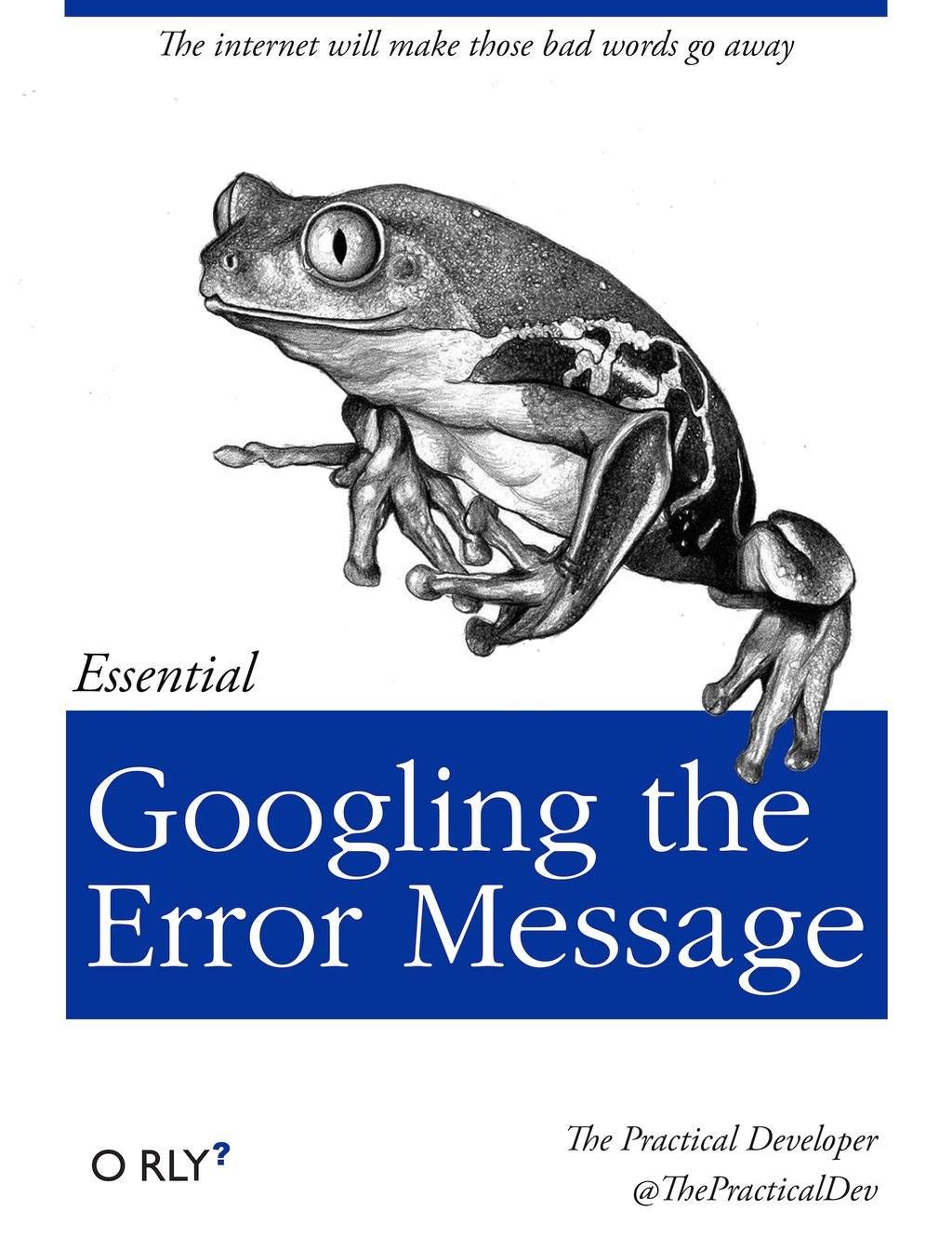this post was submitted on 20 Aug 2024
720 points (98.8% liked)
Programmer Humor
32712 readers
1470 users here now
Post funny things about programming here! (Or just rant about your favourite programming language.)
Rules:
- Posts must be relevant to programming, programmers, or computer science.
- No NSFW content.
- Jokes must be in good taste. No hate speech, bigotry, etc.
founded 5 years ago
MODERATORS
you are viewing a single comment's thread
view the rest of the comments
view the rest of the comments

If we're speaking of transformer models like ChatGPT, BERT or whatever: They don't have memory at all.
The closest thing that resembles memory is the accepted length of the input sequence combined with the attention mechanism. (If left unmodified though, this will lead to a quadratic increase in computation time the longer that sequence becomes.) And since the attention weights are a learned property, it is in practise probable that earlier tokens of the input sequence get basically ignored the further they lie "in the past", as they usually do not contribute much to the current context.
"In the past": Transformers technically "see" the whole input sequence at once. But they are equipped with positional encoding which incorporates spatial and/or temporal ordering into the input sequence (e.g., position of words in a sentence). That way they can model sequential relationships as those found in natural language (sentences), videos, movement trajectories and other kinds of contextually coherent sequences.
For a deep dive
Yep.
I'd still call that memory. It's not the present; arguably for a (post-training) LLM the present totally consists of choosing probabilities for the next token, and there is no notion of future. That's really just a choice of interpretation, though.
During training they definitely can learn and remember things (or at least "learn" and "remember"). Sometimes despite our best efforts, because we don't really want them to know a real, non-celebrity person's information. Training ends before the consumer uses the thing though, and it's kind of like we're running a coma patient after that.